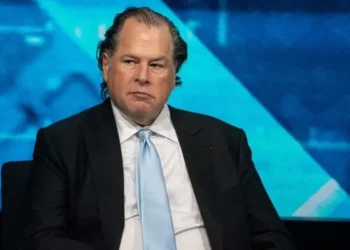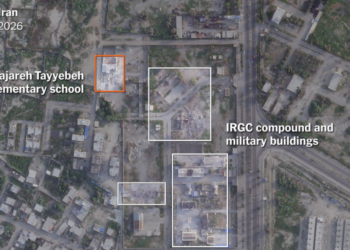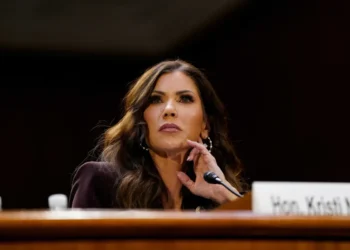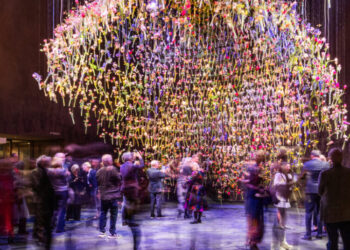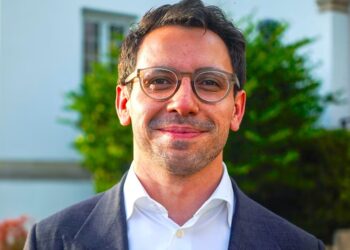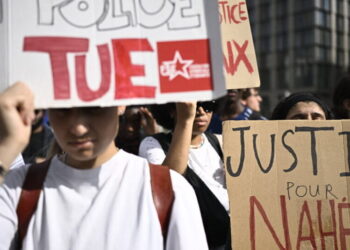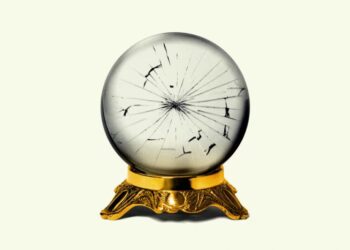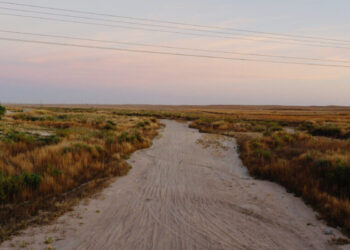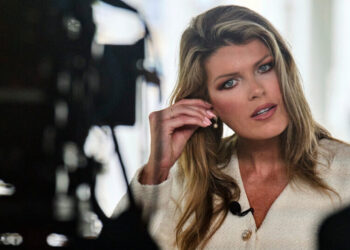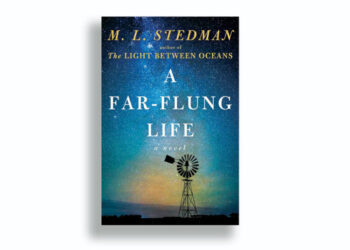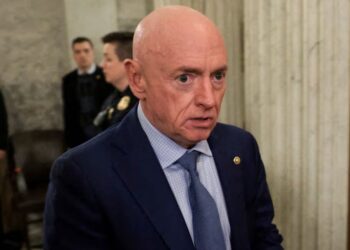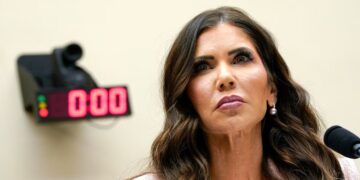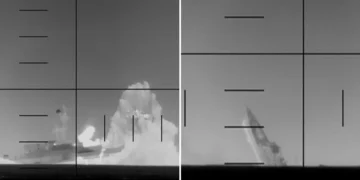ICE Barbie and Alleged Lover to Be Booted Out of Free House
Kristi Noem’s axing from the Department of Homeland Security will likely mean she will also lose the waterfront home where...
Salesforce president says company is ‘appropriately adjusting’ after Marc Benioff’s ICE jokes
Salesforce CEO Marc Benioff Stefani Reynolds—Bloomberg via Getty Images/ReutersLast month, Salesforce CEO Marc Benioff made jokes about ICE during an...
Analysis Suggests School Was Hit Amid U.S. Strikes on Iranian Naval Base
The Feb. 28 strike that hit an elementary school in the southern Iranian town of Minab is the deadliest known...
Kristi Noem may have learned of her firing from Truth Social: report
It’s unclear how now former Homeland Security Secretary Kristi Noem discovered she was fired, and reports Thursday indicate she could...
How the Florists Behind TEFAF Maastricht Work Their Magic
Before the doors open each morning at TEFAF Maastricht, the European Fine Art Foundation’s annual March fair, a ritual unfolds:...
MAGA Newcomer’s Campaign Gets Banned From Waffle House
A far-right Republican running for Florida governor vowed to “meet voters where they are”—unless they’re in a Waffle House. James...
French Officer Accused of Shooting Teen to Be Charged Only With Manslaughter
A French police officer accused of shooting dead a teenage driver at point-blank range, in an incident that set off...
The Central Lie of Prediction Markets
A few hours before Donald Trump gave his State of the Union address, Republican sources told the PBS correspondent Lisa...
Nature Report, Killed by Trump, Is Released Independently
Scientists and other experts were preparing a first-of-its-kind assessment of the health of nature in the United States when President...
Lindsey Halligan Is Under Investigation by the Florida Bar
Lindsey Halligan, the former U.S. attorney in the Eastern District of Virginia who brought criminal cases against President Trump’s enemies...

